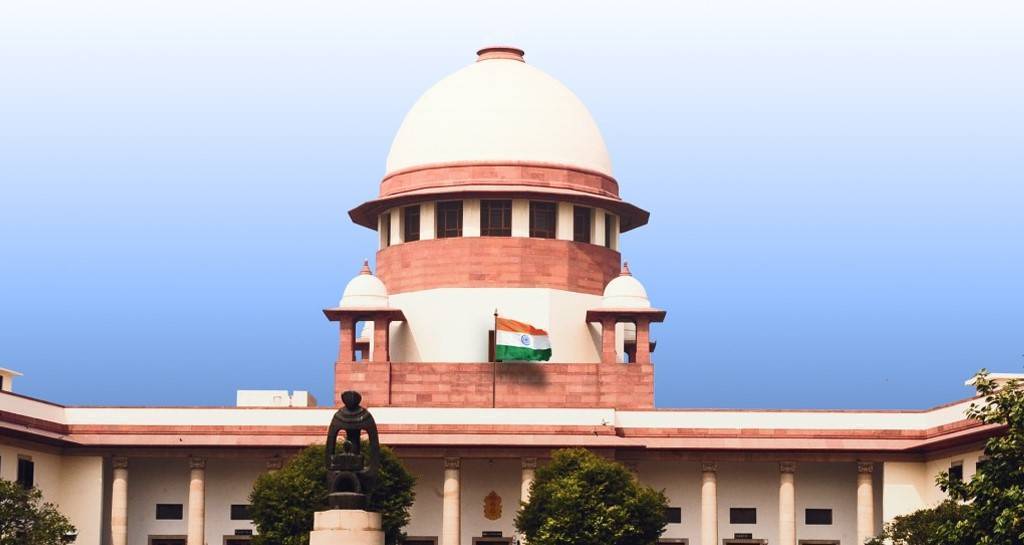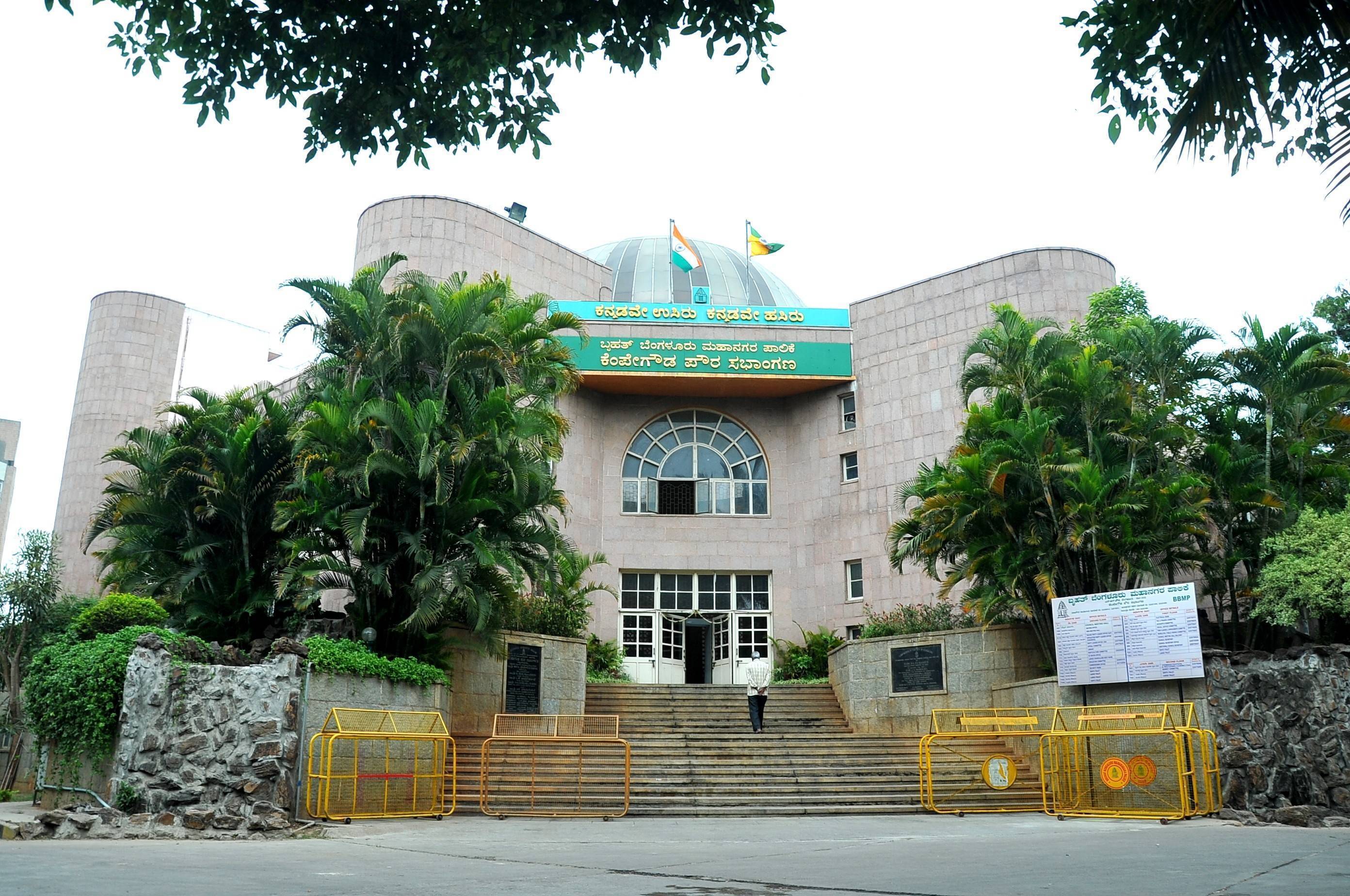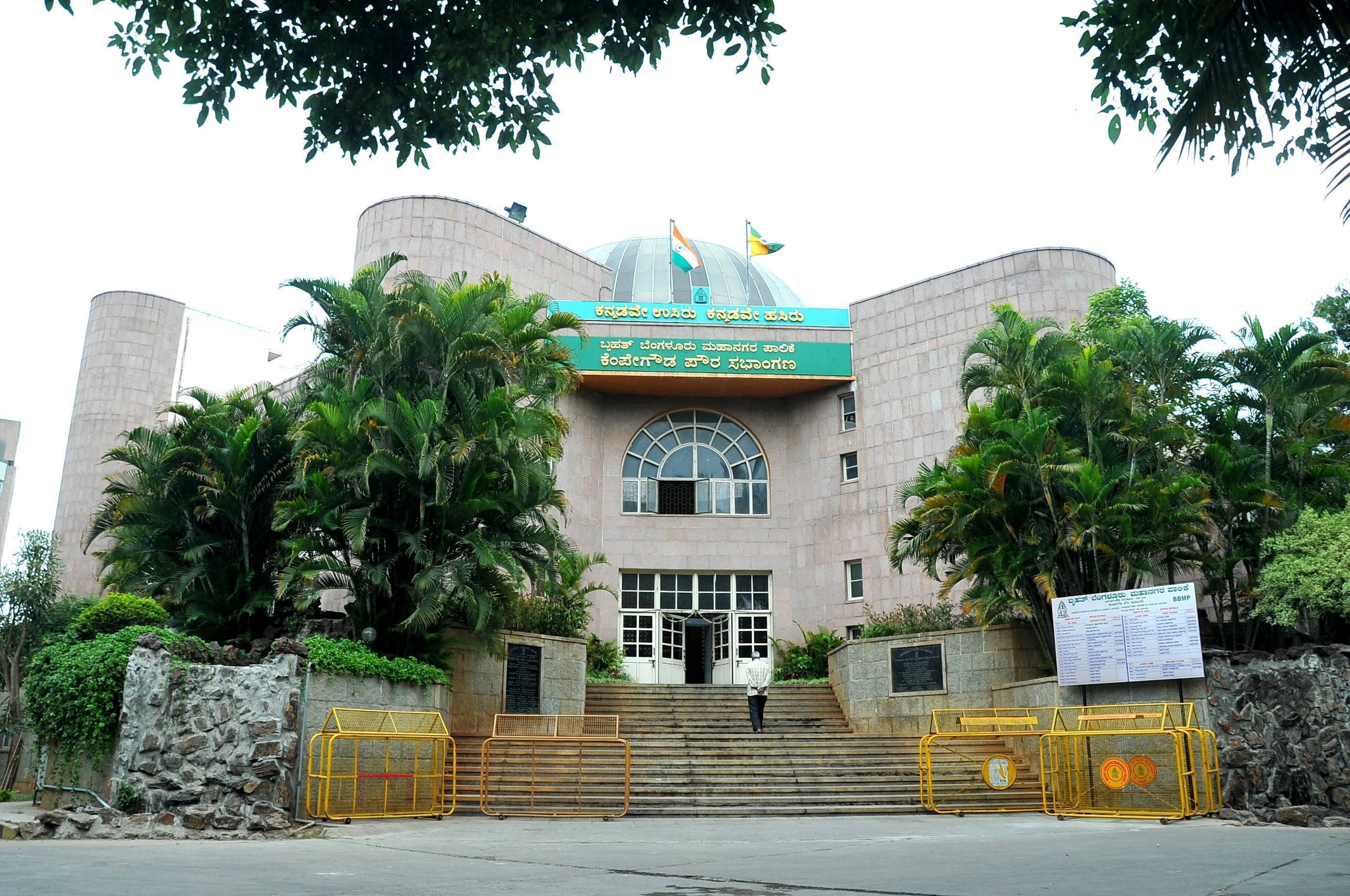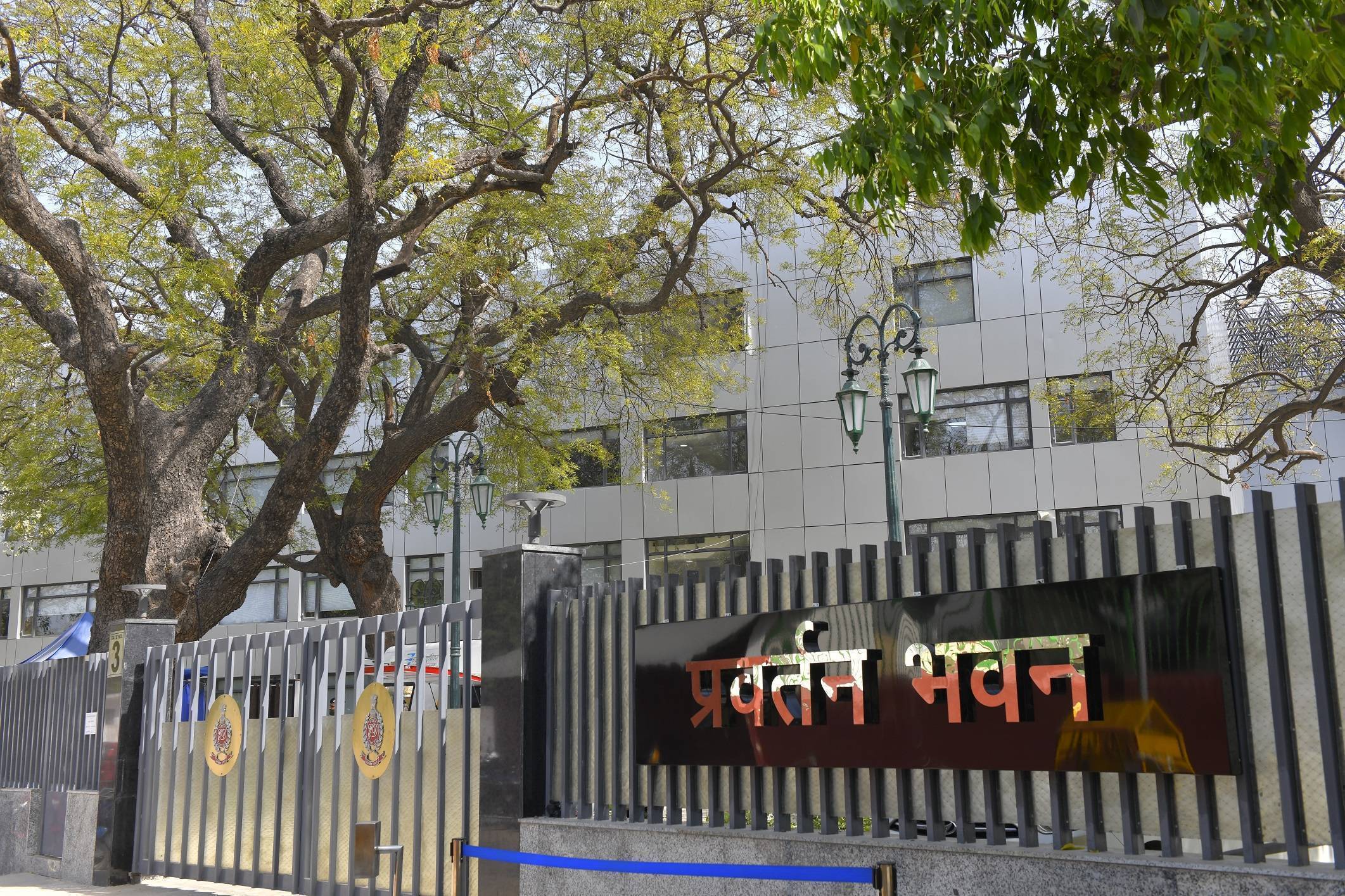The Supreme Court dismissed the Finance Ministry’s review petition challenging its landmark ruling in the Safari Retreats case. This judgment reaffirms that commercial real estate companies can claim input tax credit (ITC) on construction costs for properties intended to be leased. The decision strengthens the position of taxpayers by confirming their eligibility for ITC in such cases and clarifies important aspects of the Central Goods and Services Tax (CGST) Act.
The case centers around Safari Retreats Private Limited, a company that builds and leases shopping malls. Safari Retreats had claimed ITC on goods and services used in constructing these commercial properties. However, tax authorities denied the claim, relying on Section 17(5)(d) of the CGST Act, which prohibits ITC on immovable property construction. The Supreme Court’s original ruling on October 3, 2024, found in favor of Safari Retreats. The court held that ITC is allowed when the property is constructed for further business use, such as leasing, distinguishing this from properties held “on own account,” where ITC is disallowed.
In dismissing the review plea, a two-judge bench comprising Justices Abhay S Oka and Sanjay Karol stated there was no “error apparent on the record” in their earlier judgment. They waived procedural defects and condoned delay, making it clear that the ruling would stand. This dismissal is significant, as it upholds the principle that ITC claims cannot be denied simply because the input was used for constructing immovable property, if such property is intended for business use.
The Finance Ministry had sought to overturn this ruling through a review petition and a retrospective legislative amendment. The Union Budget 2025, introduced on February 1, 2025, included an amendment to the CGST Act that replaced the phrase “plant or machinery” with “plant and machinery” under Section 17(5)(d). This change, effective from July 1, 2017, aimed to restrict ITC claims on leased property construction, effectively nullifying the Supreme Court’s Safari Retreats ruling.
However, the Supreme Court rejected this attempt to reverse its decision. The dismissal of the review petition sends a clear message that legislative changes, particularly retrospective amendments, cannot easily override judicial interpretations that protect taxpayer rights. This outcome is seen as a victory for businesses relying on the seamless flow of ITC under the GST framework.
Legal experts have welcomed the decision while cautioning about the government’s approach. Abhishek A Rastogi, founder of Rastogi Chambers, who represented several taxpayers in similar cases, described the ruling as a strong endorsement of taxpayer rights. He noted that the court’s judgment reinforced the functionality and essentiality tests used to determine ITC eligibility. The decision affirms that ITC cannot be denied merely because the inputs relate to immovable property, if the property is used for furtherance of business, such as leasing.
At the same time, senior partner Rajat Mohan of AMRG & Associates raised concerns about the government’s legislative approach. He pointed out that the retrospective amendment undermines judicial finality and creates uncertainty for businesses. According to Mohan, the amendment could lead to further litigation and weaken taxpayer confidence. He emphasized that while the Supreme Court’s ruling provides clarity and relief, the retrospective amendment threatens to dilute its benefits.
The case highlights the ongoing tension between judicial interpretation and legislative changes in the GST regime. The Supreme Court’s decision reinforces the principle that input tax credit is a fundamental right of taxpayers and should not be restricted without clear justification. It also clarifies the scope of ITC under the CGST Act in relation to commercial real estate used for leasing, an issue of major importance for developers and investors.
Image source- sci.gov.in









